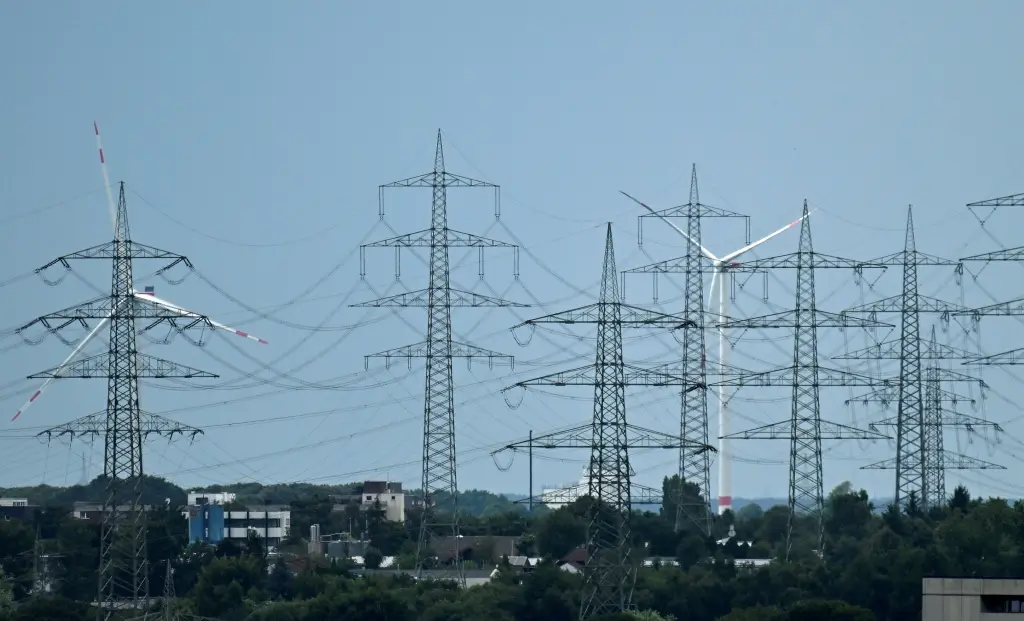
The German government wants to ease the burden on consumers by reducing grid fees for electricity prices. To this end, a subsidy of €6.5 billion is to be paid to network operators in 2026, according to a draft bill from the Federal Ministry of Economics obtained by the AFP news agency on Friday. Network charges are levied for the use and maintenance of power lines as well as the provision and reading of meters, and vary from region to region.
“The structurally high electricity prices remain a major challenge for our economy and are a burden on consumers,” said a spokesperson for the Federal Ministry of Economics. “After extreme fluctuations in recent years, wholesale electricity prices are currently still about twice as high as in 2020 and before.” Therefore, further steps to ease the burden are important, and the ministry is “working intensively to implement the cap on grid fees quickly.”
The spokesperson went on to explain that a subsidy for transmission grid costs in the 2026 calendar year should reduce the cost burden on electricity customers from grid fees, thereby helping to ease the overall cost of electricity procurement. This subsidy will be paid to “transmission grid operators with control area responsibility” and will total €6.5 billion for 2026.
According to the draft bill, the funds will come from the Climate and Transformation Fund. According to the Federal Ministry of Finance, around €36 billion is earmarked for KTF program expenditures in 2026. The federal government approved the draft budget for 2026 at the end of July, and the Bundestag still has to pass it in the fall. The draft law on reducing grid fees went to the interdepartmental coordination process on Thursday.
It is difficult or impossible to calculate who will benefit most from the planned relief, said another ministry spokesperson. The extent to which transmission grid fees are added to individuals' electricity costs depends on regional generation, consumption, and grid structure. “But what can be said is that this grid fee subsidy provides targeted relief to those households that are particularly affected by the costs of expansion.”
The lack of relief for consumers sparked the first major test for the governing coalition in early July: in their coalition agreement, the CDU, CSU, and SPD had agreed to reduce the electricity tax “for everyone” as quickly as possible. However, the federal government then decided to reduce the electricity tax initially only for the manufacturing industry and agriculture and forestry. This not only caused massive discontent among opposition parties, consumer protection groups, and business associations, but also critical voices from within the Union.